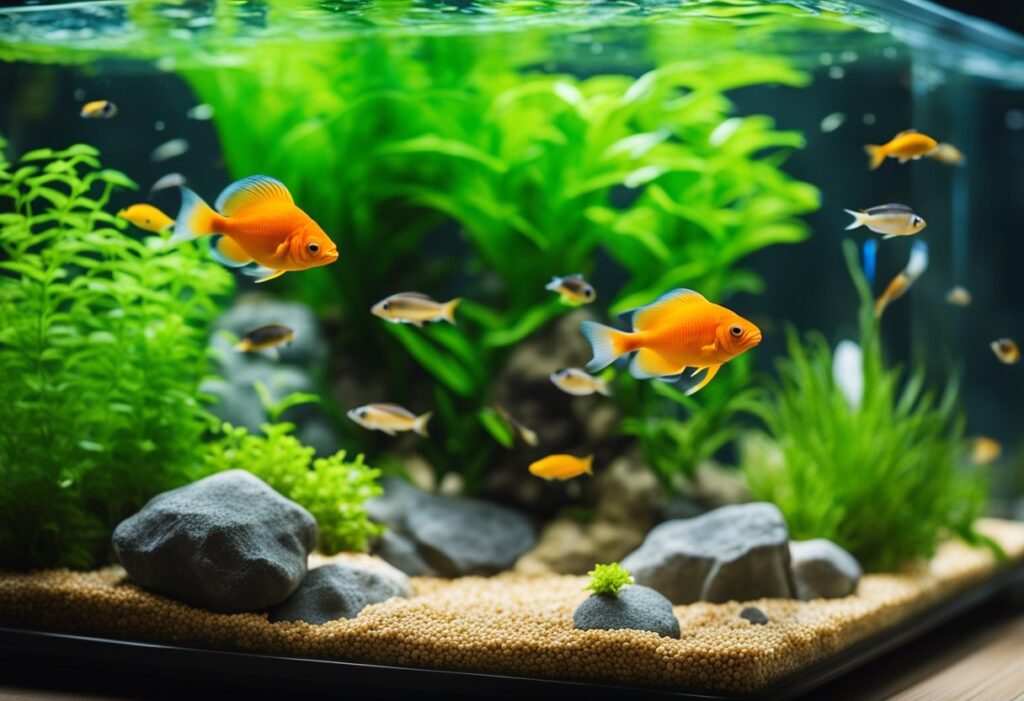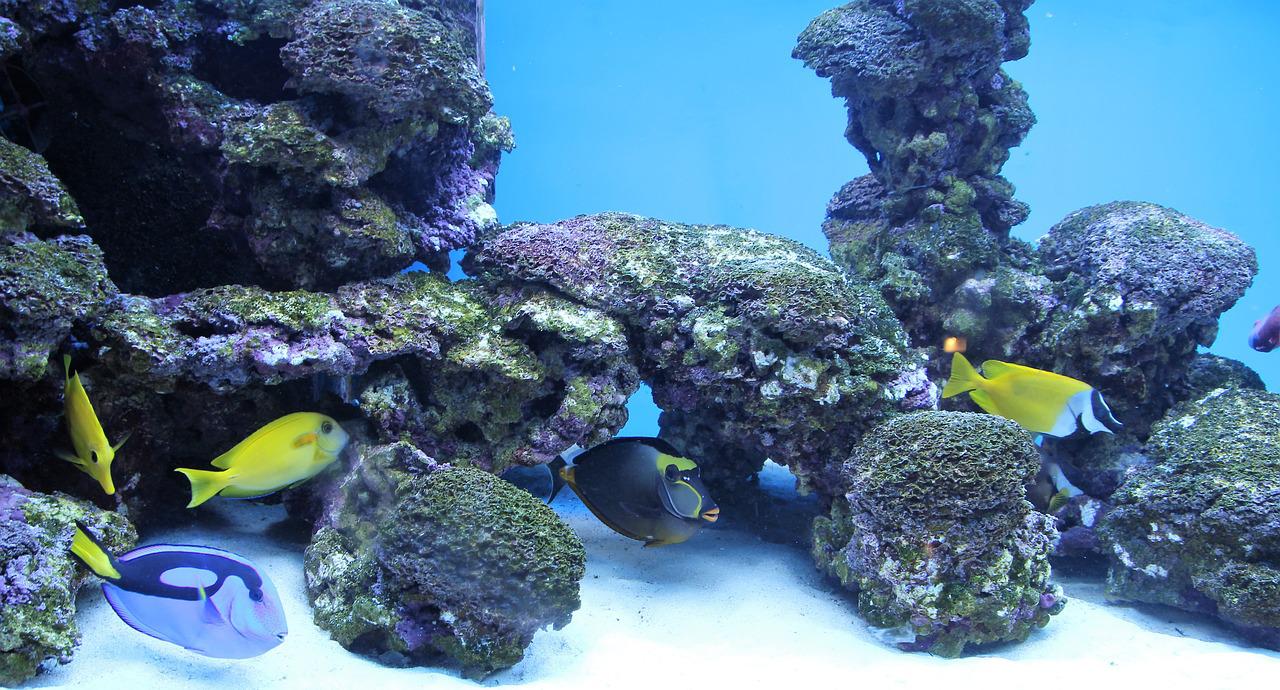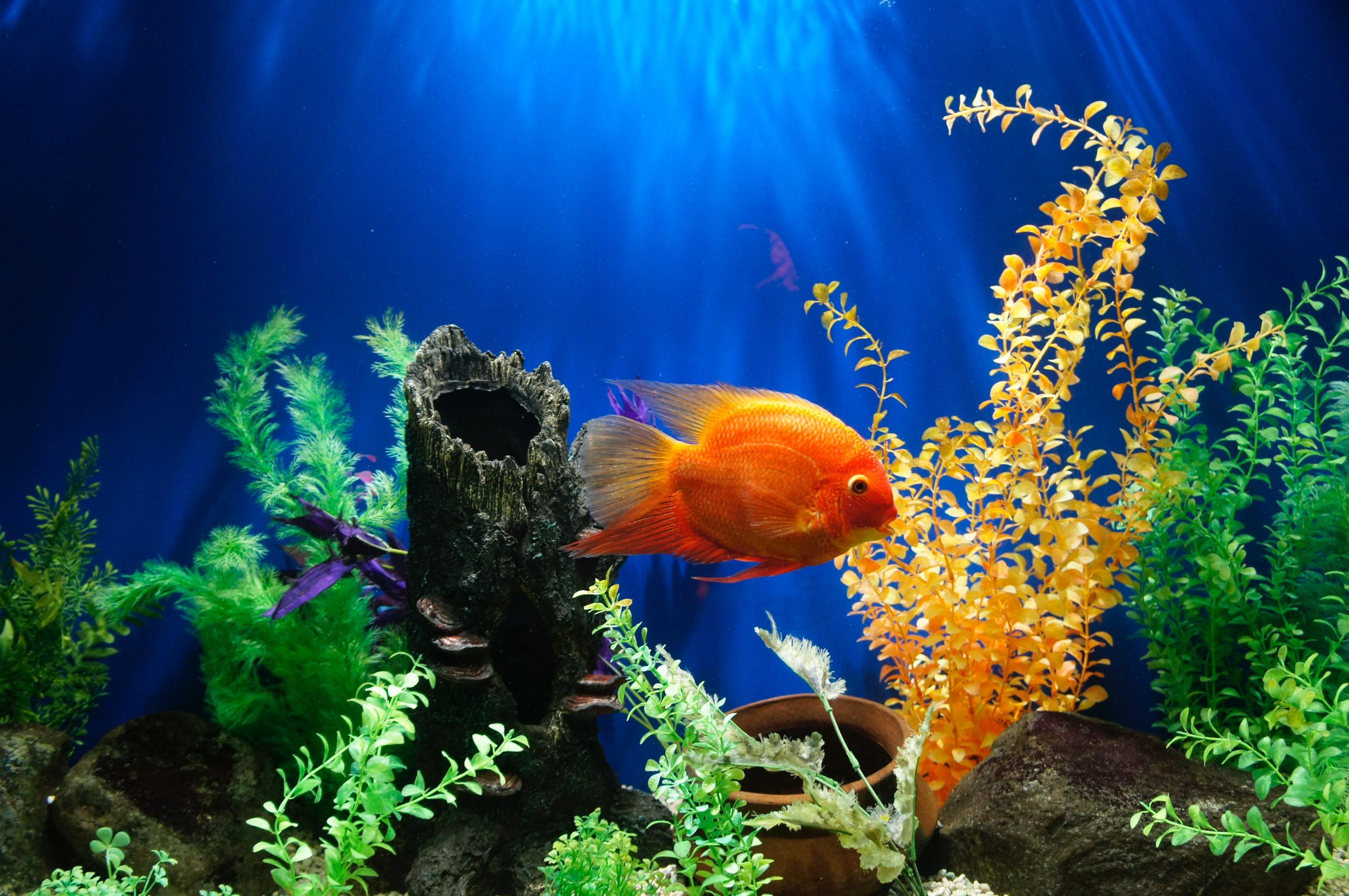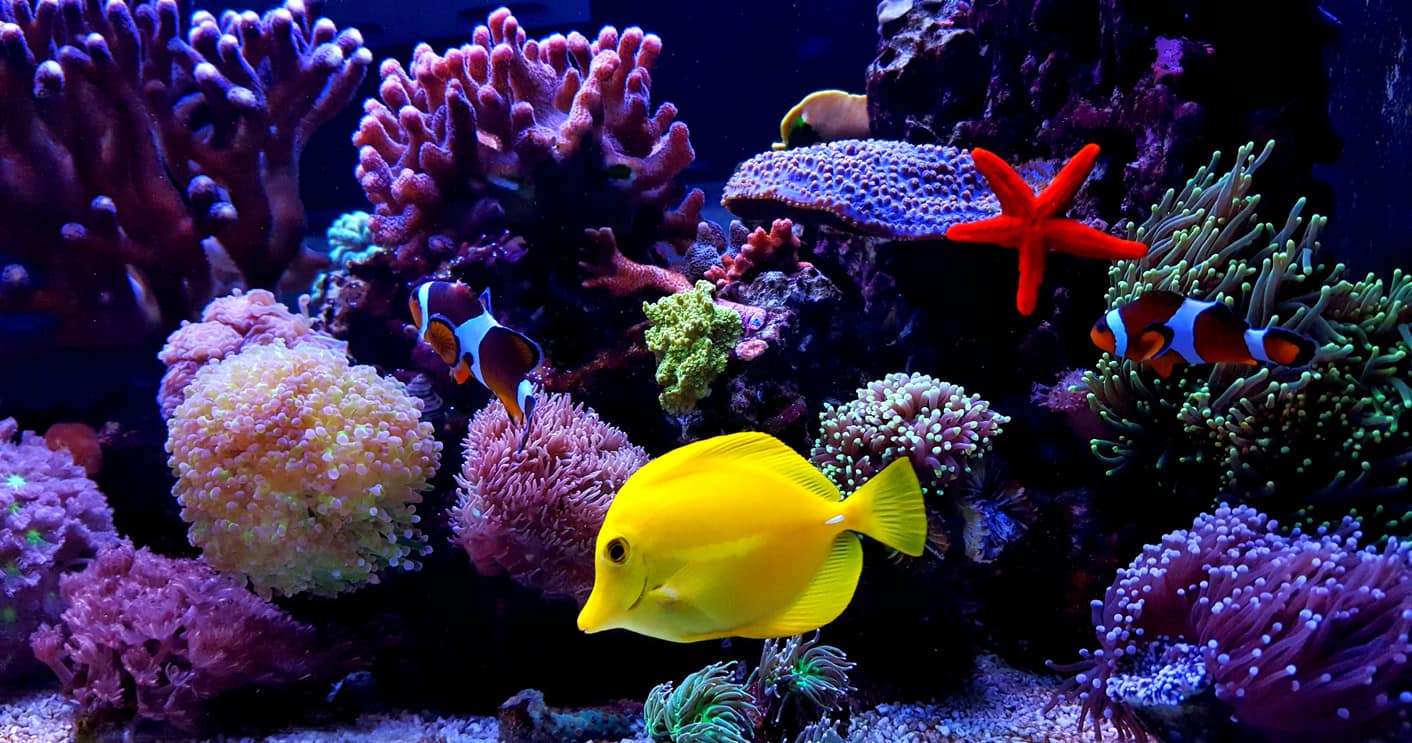Pet Fish Care: Essential Tips for Keeping Your Fish Healthy and Happy
Caring for pet fish is often regarded as relatively easy compared to other pets, making them an attractive option for beginners and experienced pet owners alike. As with any pet though, they do require proper attention to care for them adequately.

It is important to understand that the most important part of keeping fish healthy is maintaining excellent water quality in the aquarium. This includes choosing the right tank size, filtration system, and decorations. To keep the water quality at its best, you need to test the water and change it regularly. Additionally, different types of fish have different needs, so it’s important to research the specific requirements of the species you plan to keep.
Another crucial aspect of pet fish care is feeding. Overfeeding can lead to health problems and even death, while underfeeding can cause malnutrition. It’s important to provide a balanced diet that meets the nutritional needs of your fish. Some species require live or frozen food, while others can thrive on flakes or pellets. Do not overfeed your fish and remove any food that has not been eaten to avoid issues with the water quality.
Setting Up Your Aquarium
Choosing the Right Aquarium
Before setting up an aquarium, it’s important to choose the right size and shape. A commonly accepted guideline suggests having a minimum of one gallon of water for each inch of fish. However, larger fish require more space, so it’s important to research the specific needs of the fish you plan to keep.
Aquarium Placement
When choosing a location for your aquarium, it’s important to consider factors such as sunlight exposure, temperature, and stability. Avoid placing the aquarium in direct sunlight as it can cause excessive algae growth and temperature fluctuations. Additionally, choose a stable surface that can support the weight of the aquarium and its contents.
Preparing the Water
Before adding fish to the aquarium, it’s important to prepare the water and establish a healthy bacterial colony through cycling. This process involves adding beneficial bacteria to the aquarium to break down harmful toxins and establish a healthy ecosystem. It’s also important to test the water regularly to ensure proper pH levels and chemical balance.
Aquarium Filtration
Aquarium filtration is essential for maintaining a healthy environment for your fish.Various filtration systems are accessible, encompassing mechanical, chemical, and biological options. It’s important to choose a filtration system that is appropriate for the size of your aquarium and the needs of your fish.
Heating and Lighting
Fish require a specific temperature range to thrive, so it’s important to choose a heater that can maintain a consistent temperature. Additionally, lighting is important for both the health of the fish and the growth of plants in the aquarium. Choose a lighting system that is appropriate for the type of plants and fish in your aquarium.
By following these guidelines, you can ensure a healthy and thriving environment for your pet fish.
Fish Care and Maintenance
Feeding Your Fish
Feeding your fish is an essential part of their care and maintenance. Different types of fish require different types of food, so it’s important to research what your fish need. Overfeeding can lead to health problems, so it’s best to feed your fish small amounts of food two to three times a day. It’s also important to remove any uneaten food after a few minutes to prevent water quality issues.
Regular Aquarium Cleaning
Regular aquarium cleaning is crucial for maintaining a healthy environment for your fish. It’s recommended to clean your aquarium once a week, removing any debris from the bottom and performing a partial water change. It’s also important to clean the filter regularly to prevent clogging and ensure proper water circulation.
Monitoring Water Quality
Monitoring water quality is essential for the health of your fish. It’s recommended to test the water regularly for pH, ammonia, nitrite, and nitrate levels. Any significant changes in these levels can indicate a problem with the aquarium’s environment. It’s important to address these issues promptly to prevent harm to your fish.
Fish Health and Disease Prevention
Preventing disease is an important aspect of fish care and maintenance. It’s recommended to quarantine new fish before introducing them to your aquarium to prevent the spread of disease. It’s also important to observe your fish regularly for any signs of illness, such as changes in behavior, appetite, or physical appearance. If you suspect your fish are sick, it’s best to consult with a veterinarian who specializes in fish care.





















